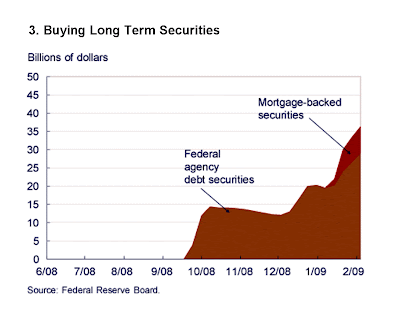What "Nationalize the Banks" and the "Free Market" Really Mean in Today's Looking-Glass World
The Language of Looting
By Michael Hudson
...Exactly what does “a free market” mean? Is it what the classical economists advocated – a market free from monopoly power, business fraud, political insider dealing and special privileges for vested interests – a market protected by the rise in public regulation from the Sherman Anti-Trust law of 1890 to the Glass-Steagall Act and other New Deal legislation?
Or is it a market free for predators to exploit victims without public regulation or economic policemen – the kind of free-for-all market that the Federal Reserve and Security and Exchange Commission (SEC) have created over the past decade or so?
It seems incredible that people should accept today’s neoliberal idea of “market freedom” in the sense of neutering government watchdogs, Alan Greenspan-style, letting Angelo Mozilo at Countrywide, Hank Greenberg at AIG, Bernie Madoff, Citibank, Bear Stearns and Lehman Brothers loot without hindrance or sanction, plunge the economy into crisis and then use Treasury bailout money to pay the highest salaries and bonuses in U.S. history.
Terms that are the antithesis of “free market” also are being turned into the opposite of what they historically have meant. Take today’s discussions about nationalizing the banks. For over a century nationalization has meant public takeover of monopolies or other sectors to operate them in the public interest rather than leaving them so special interests. But when neoliberals use the word “nationalization” they mean a bailout, a government giveaway to the financial interests....
Read the rest of Michael Hudson's essay here.

































